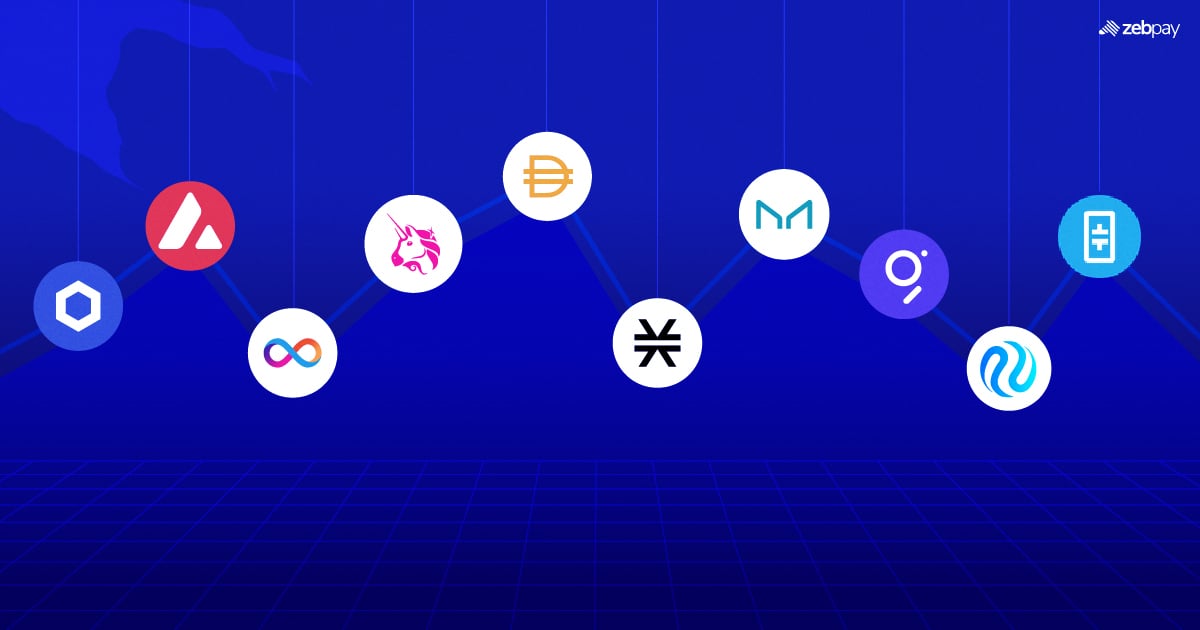While there’s no shortage of uncertainty as we countdown to 2024, the crystal ball seems to have a few things in focus for the next trip around the sun. From the long-anticipated shift from third-party cookies to first-party data to the harnessing of AI and the evolution of eCommerce, here are five key tech trends set to shape how brands connect with customers.
The race for first-party data
Brands will be turning to publishers to harness their vast contextual and enriched datasets from either registered users or gleaned from the type of content being consumed in real-time. Combinations of both publisher and advertiser data via data cleanrooms have been a topic of interest and will be interesting to see how this is picked up over the year.
The shift promises contextual interest targeting, enabling a more precisely tailored match for brands between creative and audiences. The focus on sharper targeting translates into reaching the right audience with specific intent, ultimately, leading to increased conversion rates and effectiveness.
Focus on innovative advertising
The ongoing adoption of more premium and effective ad solutions is a growing trend, which is only set to continue from an effectiveness and a user experience perspective. Clients are reporting that campaign budgets can be extended up to seven times more just by using more effective formats.
Brands are demanding more premium sponsorship opportunities and publishers are accommodating via a range of high-impact and bespoke formats. This means more curated and higher quality ad experiences on-site, resulting in a longer-lasting impact from awareness to engagement through to conversion. We’re seeing a further development toward solutions overlaying first-party data or contextual insights with premium ad formats. This delivers more personalised and relevant experiences, which are particularly effective for eCommerce.
And as smartphone users worldwide reach an estimated 4.6 billion, with expectations of surpassing 5.1 billion by 2028, mobile internet traffic already claims nearly 60 per cent of total web traffic. In response to this unprecedented growth, there’s the need for a more expansive, premium mobile ad format that would not only extend the in-ad experience via a seamless, scrolling user experience; it would also drive brand awareness and communicate additional product information in an unobtrusive, impactful way.
Innovative new ad formats like BrandStory outshines competitors with triple the ad space and 2.8 times greater time in view than single scroll ad formats. This addresses the surging demand from brands worldwide for more real estate to drive real results by seamlessly intertwining awareness, exploration and action within one comprehensive solution.
To Know More, Read Full Article @ https://ai-techpark.com/ai-ecommerce-advertising-trends/
Read Related Articles:
Intelligent Decisions With Machine Learning







